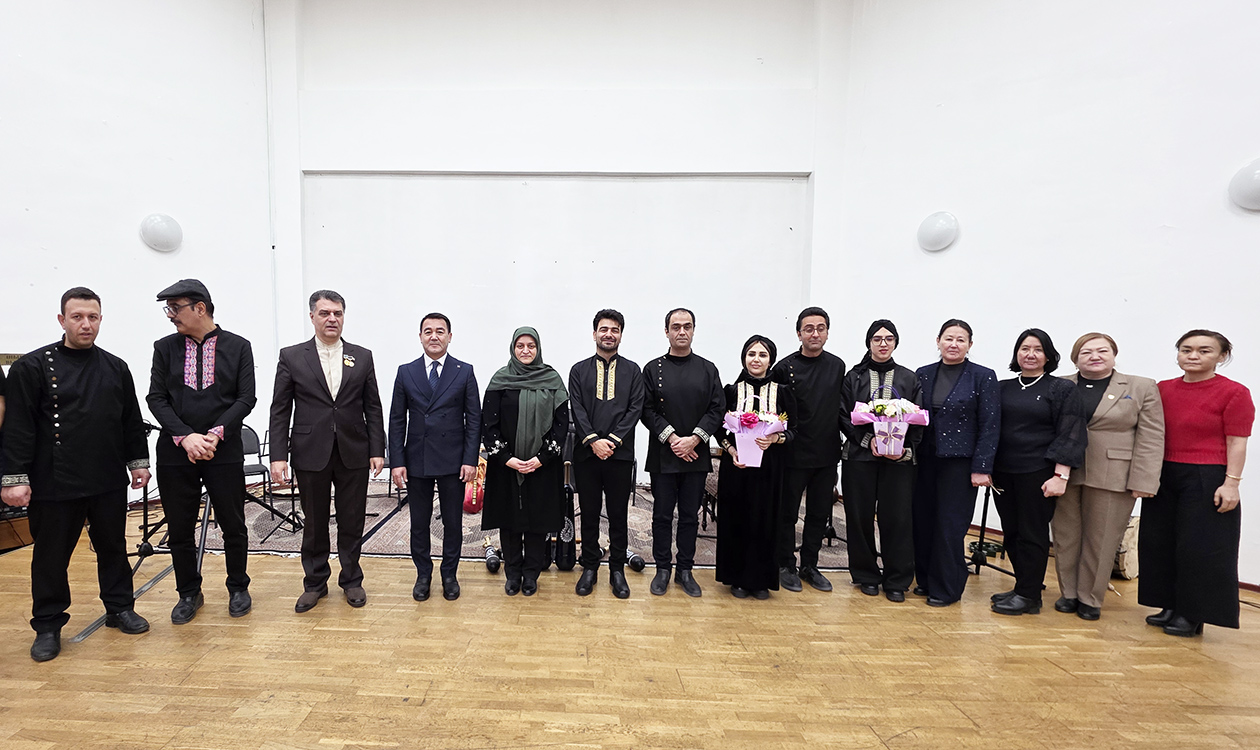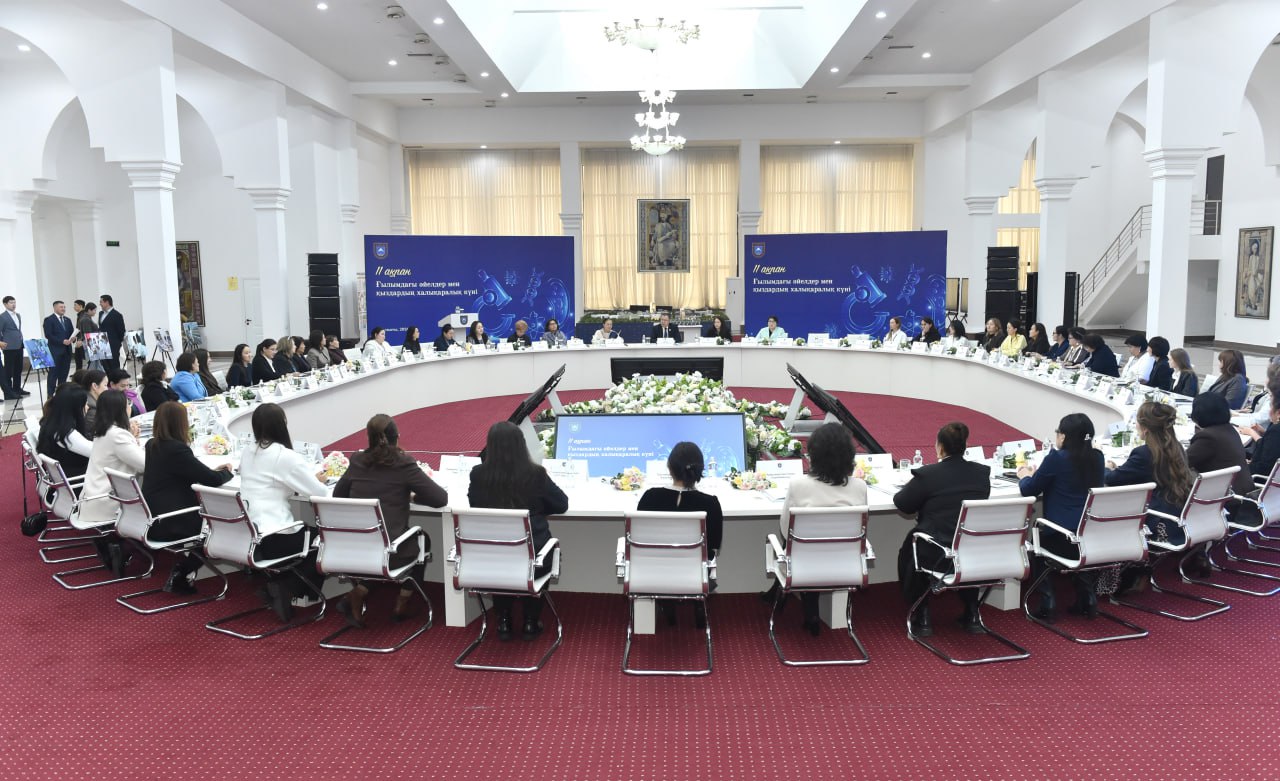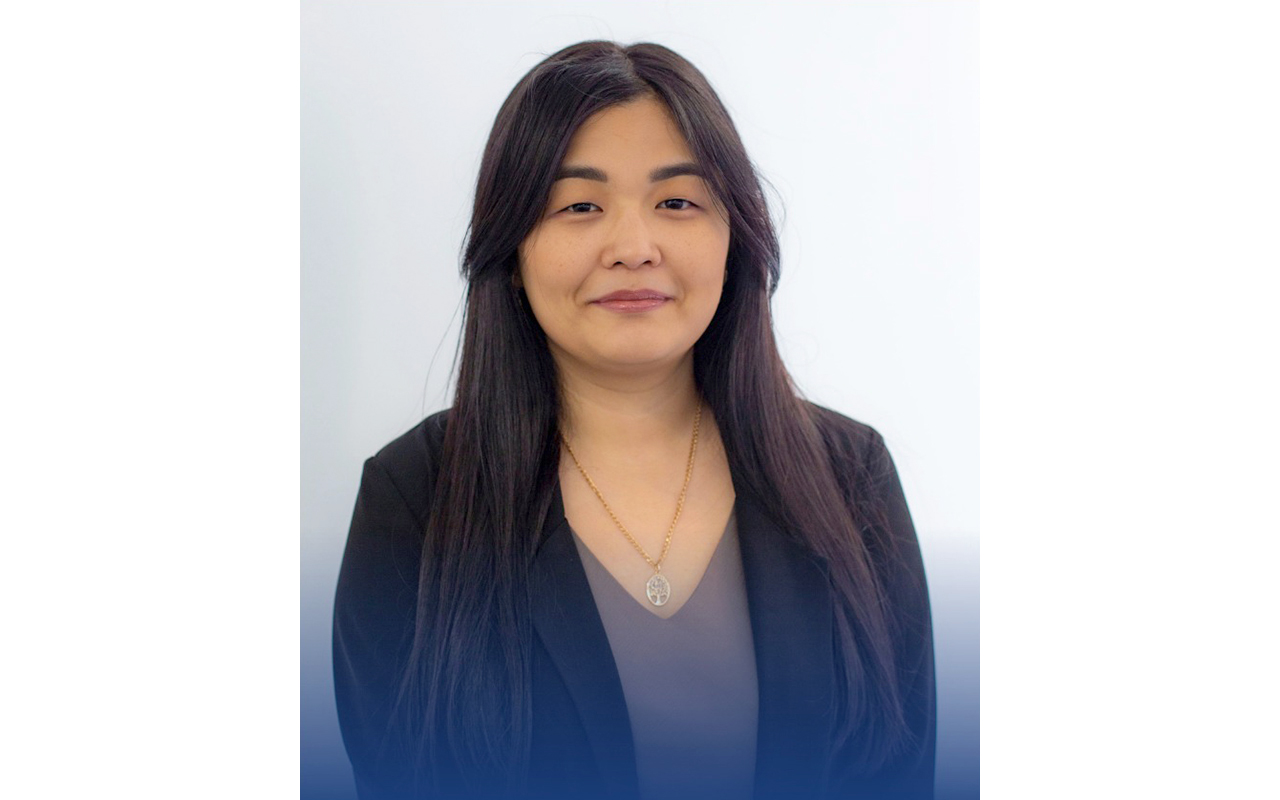- Main
- News
- The Department of Solid State Physics is developing international collaboration with scientists from the People’s Republic of China within the framework of the SCO priorities. SDG 9 and SDG 17
The Department of Solid State Physics is developing international collaboration with scientists from the People’s Republic of China within the framework of the SCO priorities. SDG 9 and SDG 17
As part of the development and strengthening of international partnerships, the Department of Solid State Physics of the Faculty of Physics and Technology at Al-Farabi Kazakh National University is actively cooperating with leading scientific institutions of the People’s Republic of China.
The main goal of this collaboration is the preparation of joint scientific proposals under the initiatives of the Shanghai Cooperation Organization (SCO) in key priority areas such as nanotechnology, quantum materials, energy-efficient systems, and green technologies. These areas align with the global sustainable development agenda and the scientific and technological strategies of SCO member states.
In recent weeks, a series of online meetings have been held with potential consortium participants, including representatives from Chinese universities and research centers. During these discussions, the main research directions were identified, project co-supervision mechanisms were outlined, and scientific tasks were allocated based on each party’s expertise.
Special emphasis is placed on building a sustainable model of scientific cooperation aimed at:
-
joint publications in high-impact journals,
-
enhancing the academic mobility of young researchers,
-
implementing joint laboratory initiatives.
Through these collaborative efforts, the following United Nations Sustainable Development Goals (SDGs) have been supported:
SDG 9 – Industry, Innovation and Infrastructure
SDG 17 – Partnerships for the Goals
The university and department view this direction as strategic, contributing to enhancing Kazakhstan’s scientific reputation internationally, improving the quality of research training, and integrating into the global scientific infrastructure.
Other news


